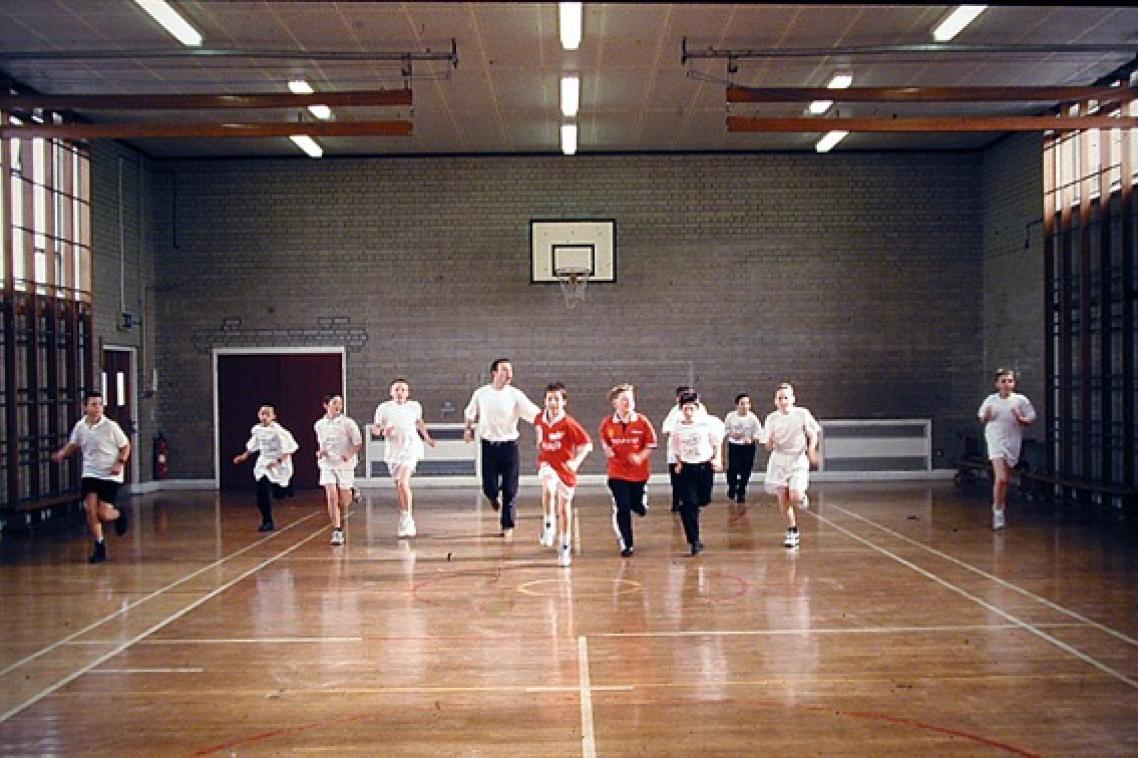Early babies could face lifelong fitness risks

Babies born even a few weeks early are more likely to have poor physical fitness throughout life, University of Queensland researchers have found.
Associate Professor Isabel Ferreira from the School of Public Health said babies delivered between 37 and 38 weeks had a 57 per cent higher risk of poor cardiorespiratory fitness throughout their life compared with babies born at 39 to 42 weeks.
“Recent trends towards electively delivering babies earlier are worrisome in view of the health risks this may bring to the child,” Dr Ferreira said.
“It is becoming increasingly evident that babies born earlier – even by only a few weeks – may face more adverse health outcomes as they get older.
“These could include neurological, cognitive and respiratory issues in adolescence and early adulthood.”
Cardiorespiratory fitness reflects the ability of the circulatory, respiratory and muscular systems to supply oxygen to muscles during exercise and is a major indicator of metabolic and cardiovascular health.
“Health care providers and mothers should be informed of the lifelong health risks that early term deliveries may have on babies, and refrain from these unless there is a medical reason,” she said.
“Mothers could be deterred from having scheduled caesarean-sections or induced labour without a medical reason.”
The research has been published in the Journal of the American Heart Association.
Media: Dr Isabel Ferreira, i.ferreira@uq.edu.au, +61 406 131 327; Sam Benger, s.benger@uq.edu.au, +61 7 3365 5118
Related articles

Decades of surveys show whale migration shift

Should you consent to your doctor using an AI scribe? Here’s what you should know.
Media contact
UQ Communications
communications@uq.edu.au
+61 429 056 139
